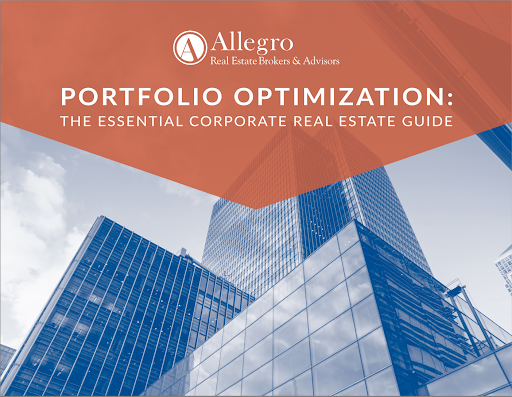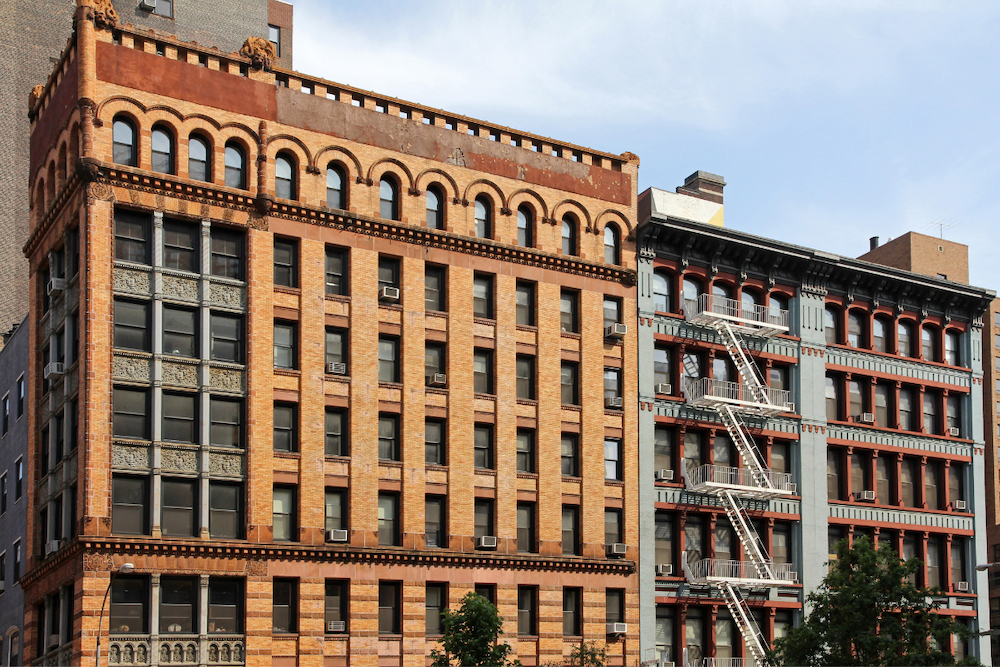One of the most overlooked, yet important, provisions in a commercial lease agreement is the quiet enjoyment provision. It’s included in virtually all leases, yet many tenants and landlords are unaware of the provision’s terms and the consequences that occur when a tenant’s right to quiet enjoyment is breached.
So, what does the quiet enjoyment provision mean?
The quiet enjoyment provision requires a landlord to ensure that a tenant’s use and enjoyment of the property will not be disturbed. While each lease agreement’s provision is slightly different from the next, most include the following tenant rights:
- The right to exclude others from the premises.
- The right to peace and quiet.
- The right to a clean premises.
- The right to basic services, such as heat and hot water.
- The right to reasonable access.
Understanding Quiet Enjoyment in Commercial Leases
Virtually all commercial leases contain a quiet enjoyment provision. However, the details of the provision are usually determined by the specific terms of that lease; both the tenant and the landlord have the option to modify or waive the quiet enjoyment provision.
Two common reasons for modifying a quiet enjoyment provision are zoning regulations and shared premises.
- Zoning regulations. Assures the tenant that the property abides by local zoning regulations and allows the landlord to enforce these regulations.
- Shared premises. When multiple tenants share rental spaces (think: large office buildings), the provision may be altered to make tenants, not the landlord, responsible for impacts on one another’s quiet enjoyment.
Quiet Enjoyment and Renovations
In a commercial space, renovations may affect a tenant’s visibility to potential customers and/or interfere with their quiet use and enjoyment. As a tenant, it’s important to note: provisions that allow renovations may modify or completely void the quiet enjoyment provision. As a compromise, some landlords may only allow construction or renovations at certain hours of the day, or provide compensation to lessen the impact of construction.
Quiet Enjoyment and Environmental Health
Not only does the quiet enjoyment provision cover actual noise, but it also ensures a safe and healthy environment for tenants. Landlords must ensure that the building remains up to code for the tenant, strictly following and meeting all environmental regulations. For example, any issues that may endanger tenants’ health must be addressed, including mitigating secondhand smoke, mold growth, replacing outdated HVAC systems, or other immediate issues that may infringe upon the tenant’s quiet enjoyment provision.
Breaches and Limitations of Quiet Enjoyment
A breach of the quiet enjoyment provision occurs when the landlord (sometimes via another tenant’s activities) significantly limits or impairs the tenant’s ability to conduct business. While there are many acts or situations that would constitute a breach, common ones include:
- Eliminating a significant number of parking spaces.
- Permitting persistent, loud construction on the building’s roof (except for necessary repairs).
- Routinely playing loud, intrusive music in a retail space near the tenant.
- Hiring security that regularly stops or tickets people without cause.
Note: Some courts have found that a tenant does not have to actually stop doing business, move out, or terminate the lease to sue for quiet enjoyment.
Landlords’ Limitations
While there are many instances where the landlord could breach the quiet enjoyment provision, a breach does not occur in instances that are out of the landlord’s control. Examples include construction work conducted by the city or neighboring businesses creating unnecessary noise. Other clauses within a commercial lease can also limit the quiet enjoyment provision, including clauses that expressly grant the landlord the right to undertake major renovations on the property.
As a tenant, don’t overlook the quiet enjoyment provision. Ensure that the terms of this provision align with your expectations—and aren’t nullified by other provisions or clauses within your lease agreement.
Want More Commercial Real Estate Resources?
Subscribe to our blog to receive weekly content from our commercial real estate experts, featuring recent industry news, helpful posts explaining real estate processes, and insight on trends in the market.







